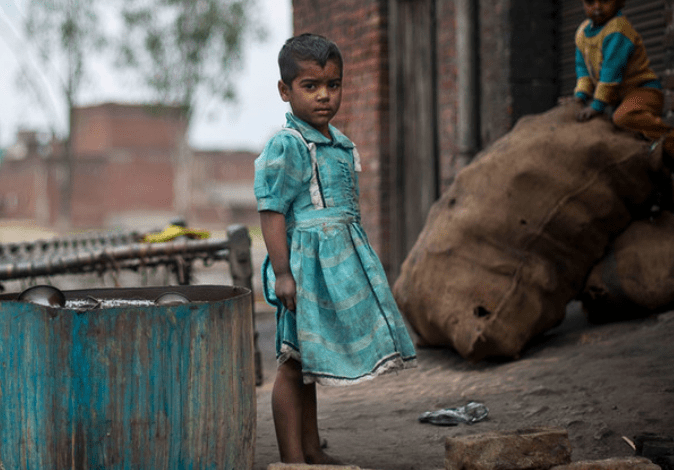The world will have up to 163 million more people living in extreme poverty

The world will have up to 163 million more people living in extreme poverty in 2021, according to projections from the United Nations Conference on Trade and Development (UNCTAD).
Globally, the Covid-19 pandemic has wreaked havoc on national economies and has hit the informal economy and hundreds of millions of businesses the hardest around the world.
In particular, according to the World Trade Organization (WTO), Small and medium-sized enterprises (SMEs) are exposed to the economic impact of the pandemic due to their size and their prevalence in the economic sectors most affected by the pandemic, such as accommodation and food services, the cultural and creative sectors, and wholesale and retail services.
«The dire economic consequences of the pandemic force us to address consumer protection needs, especially where people are most exposed and most at risk,» said Isabelle Durant, UNCTAD Acting Secretary General.
In addition to its levels of death and health damage, according to an UNCTAD report, the pandemic pushed between 119 and 124 million people into extreme poverty in 2020, with an additional 143 and 163 million people expected to remain. in 2021.
Only 43% of people in sub-Saharan Africa have access to clean, modern electricity, roughly half the global electrification rate of 89% in 2017, according to the World Bank.
Extreme poverty
«In the last year we have witnessed a wave of global solidarity between governments to protect consumers from becoming increasingly vulnerable,» said Teresa Moreira, head of competition and consumer policy at UNCTAD.
Obviously, the longer the pandemic continues, and the more governments have to continue with measures such as the blockade and quarantine, the national and global economies will continue to suffer, with many more millions pushed into poverty and extreme poverty.
Government support measures include financial assistance to vulnerable households to pay their utility bills and moratoriums for providers to recover the debts of disadvantaged consumers.
The authorities have also prohibited the disconnection of the supply of electricity, gas and water to those most in need.
Consumer protection agencies have renewed their information and education campaigns to promote the efficient use of public services. They have also improved access to dispute resolution and redress mechanisms to resolve consumer complaints more quickly.
![]()

